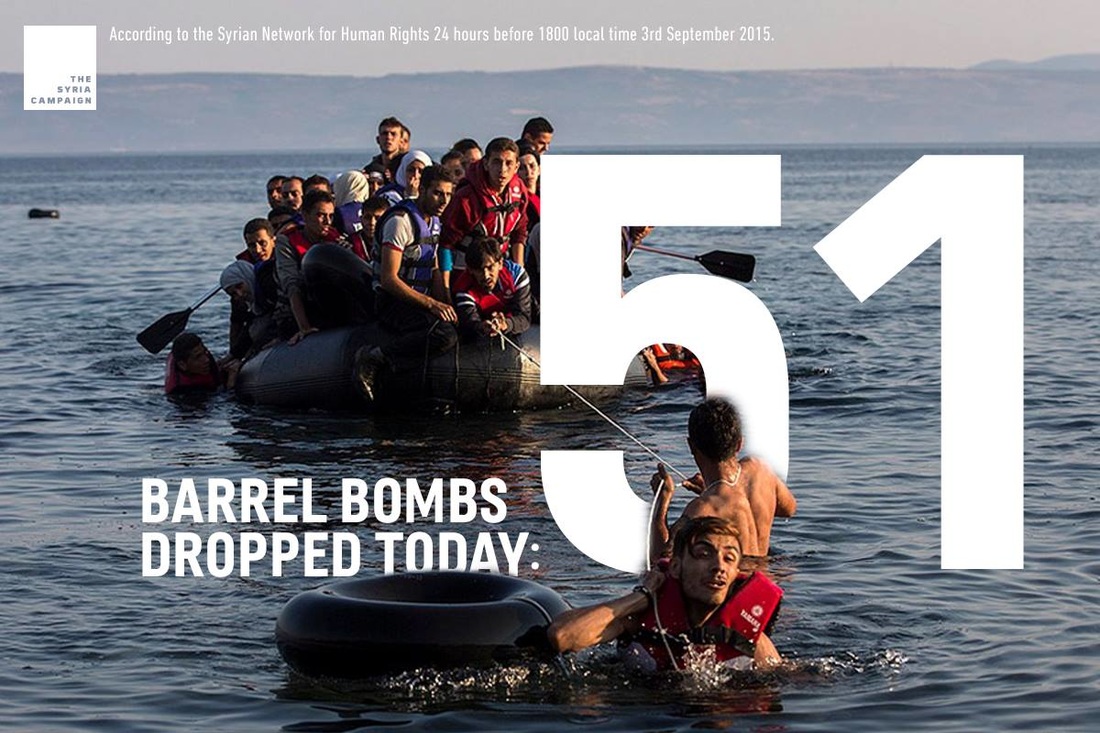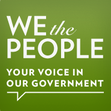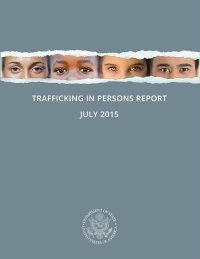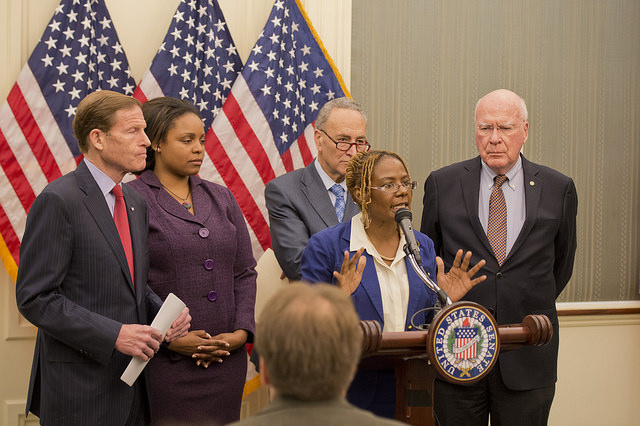What is toxic masculinity?
Toxic masculinity is the name for the aspects of masculinity that are harmful to men and boys alike. Not all masculinity is toxic just as not all femininity is toxic, but there are large elements of masculinity that cause a great deal of pain to men.
What are some examples of toxic masculinity?
You probably know a few examples already but some very common ones are things like “boys don’t cry” and “take it like a man.” Both of those phrases put a label on how a man is supposed to handle his emotions versus how someone else would. The phrase “boys don’t cry” is obviously not true. Men cry and there is nothing wrong with that. There is also nothing at all that is inherently non-masculine about expressing one’s feelings.
Another common but not as often heard example of toxic masculinity would be the assumption that men aren’t subject to physical abuse and aren’t or even “can’t” be raped/sexually assaulted because they’re men. One very common thing male rape survivors hear (especially if their rapist was female) is that they probably enjoyed it, this more often than not leads to a great deal of male rape survivors not reporting their assault in any form. The idea that a man would enjoy any kind of sex - even non-consensual sex - is a product of the toxic idea that men are inherently more sexual than women and therefore cannot be raped because they always want sex. There is nothing wrong with being very sexual, yet it is the expectation placed on all men to be very sexual that causes damage to men if they do not live up to the expectation.
But isn’t it true that less men are raped and physically abused?
Technically speaking it is true that men are raped less often than women (1 in 5 women are raped while 1 in 59 men will be raped), while the gap between the statistics is still large men are still far from never being raped. Outside of specifically rape men are sexually abused much more than is commonly thought; at some point in his life 1 in 5 men have experienced sexual violence other than rape. Additionally, of men who were victims of rape, over a quarter were under the age of ten when the assault first occurred versus the 12% of women who were raped under the age of ten. Ultimately the belief that men are almost never sexually abused is solely a product of toxic masculinity.
When it comes to physical abuse it can’t really be said that men are abused much less than women since the statistics are so similar; on average 1 in 3 women is abused by an intimate partner and 1 in 4 men is abused by an intimate partner. Additionally, 1 in 7 men has been severely physically abused by an intimate partner. Severe physical abuse includes (but is not limited to) being hit with a fist or something hard, kicked, hair pulling, slammed against something, being choked or suffocated, beaten, burned intentionally, or being hurt with a knife or gun.
What does this have to do with sex trafficking?
Male visibility as survivors of sex trafficking is incredibly low. There are a great deal of coalitions or task forces designed to aid female survivors, yet there are next to no groups dedicated to specifically helping male survivors of sex trafficking. Toxic masculinity hurts men universally, but is particularly harmful when it comes to male survivors of sex trafficking. Toxic masculinity tells men they should not express their emotions of hurt or sorrow, it tells them they cannot be sexually abused because they should always want sex, it tells them that if they cry or if they try to have their rapist arrested they aren’t “real men.” To add these pressures onto the shoulders of a person who has been sex trafficked only exacerbates their victimization undermines their trauma recovery.
Well, what do I do now?
Now that you’ve read through this post and have learned more about toxic masculinity you should do even more research! Look for articles or posts similar to this one and be wary of people saying that toxic masculinity isn’t real or that all masculinity is toxic. (Sites like Men Can Stop Rape’s are a great resource both for information and furthering the cause.) But more importantly you should take time and consider how you treat men (regardless of your gender identity).
Try to monitor your own behavior. Ask yourself “Am I being accepting? Am I being kind?” Listen to men who speak up about unrealistic expectations for them just as you would listen to anyone else talking about the same thing. Try to challenge your thought process when you find yourself thinking things like “I bet he enjoyed it” or “he’s not a real man.” Challenge your friends and family when they place judgements on how men should behave and remind yourself and others that domestic abuse and rape do not exclude men. And more importantly remember that no one is less of a man for being abused. Challenge other men! Not all men are aware of toxic masculinity and often perpetuate it themselves. (That’s not to say that women don’t as well.) Of course also consider volunteering! Volunteer work allows you to be an ally in a very concrete way to people who toxic masculinity has hurt. Combatting things like toxic masculinity and standing up for male rape and domestic abuse victims is how we as a society move forward, but remember the most important change comes within ourselves.
Try to lead by example and remind yourself that we all feel pain and we don’t all know everything. Try to teach others and be open to others teaching you. We aren’t perfect all the time, making mistakes is how we learn because others are there to help us.
Toxic masculinity is the name for the aspects of masculinity that are harmful to men and boys alike. Not all masculinity is toxic just as not all femininity is toxic, but there are large elements of masculinity that cause a great deal of pain to men.
What are some examples of toxic masculinity?
You probably know a few examples already but some very common ones are things like “boys don’t cry” and “take it like a man.” Both of those phrases put a label on how a man is supposed to handle his emotions versus how someone else would. The phrase “boys don’t cry” is obviously not true. Men cry and there is nothing wrong with that. There is also nothing at all that is inherently non-masculine about expressing one’s feelings.
Another common but not as often heard example of toxic masculinity would be the assumption that men aren’t subject to physical abuse and aren’t or even “can’t” be raped/sexually assaulted because they’re men. One very common thing male rape survivors hear (especially if their rapist was female) is that they probably enjoyed it, this more often than not leads to a great deal of male rape survivors not reporting their assault in any form. The idea that a man would enjoy any kind of sex - even non-consensual sex - is a product of the toxic idea that men are inherently more sexual than women and therefore cannot be raped because they always want sex. There is nothing wrong with being very sexual, yet it is the expectation placed on all men to be very sexual that causes damage to men if they do not live up to the expectation.
But isn’t it true that less men are raped and physically abused?
Technically speaking it is true that men are raped less often than women (1 in 5 women are raped while 1 in 59 men will be raped), while the gap between the statistics is still large men are still far from never being raped. Outside of specifically rape men are sexually abused much more than is commonly thought; at some point in his life 1 in 5 men have experienced sexual violence other than rape. Additionally, of men who were victims of rape, over a quarter were under the age of ten when the assault first occurred versus the 12% of women who were raped under the age of ten. Ultimately the belief that men are almost never sexually abused is solely a product of toxic masculinity.
When it comes to physical abuse it can’t really be said that men are abused much less than women since the statistics are so similar; on average 1 in 3 women is abused by an intimate partner and 1 in 4 men is abused by an intimate partner. Additionally, 1 in 7 men has been severely physically abused by an intimate partner. Severe physical abuse includes (but is not limited to) being hit with a fist or something hard, kicked, hair pulling, slammed against something, being choked or suffocated, beaten, burned intentionally, or being hurt with a knife or gun.
What does this have to do with sex trafficking?
Male visibility as survivors of sex trafficking is incredibly low. There are a great deal of coalitions or task forces designed to aid female survivors, yet there are next to no groups dedicated to specifically helping male survivors of sex trafficking. Toxic masculinity hurts men universally, but is particularly harmful when it comes to male survivors of sex trafficking. Toxic masculinity tells men they should not express their emotions of hurt or sorrow, it tells them they cannot be sexually abused because they should always want sex, it tells them that if they cry or if they try to have their rapist arrested they aren’t “real men.” To add these pressures onto the shoulders of a person who has been sex trafficked only exacerbates their victimization undermines their trauma recovery.
Well, what do I do now?
Now that you’ve read through this post and have learned more about toxic masculinity you should do even more research! Look for articles or posts similar to this one and be wary of people saying that toxic masculinity isn’t real or that all masculinity is toxic. (Sites like Men Can Stop Rape’s are a great resource both for information and furthering the cause.) But more importantly you should take time and consider how you treat men (regardless of your gender identity).
Try to monitor your own behavior. Ask yourself “Am I being accepting? Am I being kind?” Listen to men who speak up about unrealistic expectations for them just as you would listen to anyone else talking about the same thing. Try to challenge your thought process when you find yourself thinking things like “I bet he enjoyed it” or “he’s not a real man.” Challenge your friends and family when they place judgements on how men should behave and remind yourself and others that domestic abuse and rape do not exclude men. And more importantly remember that no one is less of a man for being abused. Challenge other men! Not all men are aware of toxic masculinity and often perpetuate it themselves. (That’s not to say that women don’t as well.) Of course also consider volunteering! Volunteer work allows you to be an ally in a very concrete way to people who toxic masculinity has hurt. Combatting things like toxic masculinity and standing up for male rape and domestic abuse victims is how we as a society move forward, but remember the most important change comes within ourselves.
Try to lead by example and remind yourself that we all feel pain and we don’t all know everything. Try to teach others and be open to others teaching you. We aren’t perfect all the time, making mistakes is how we learn because others are there to help us.







 RSS Feed
RSS Feed
